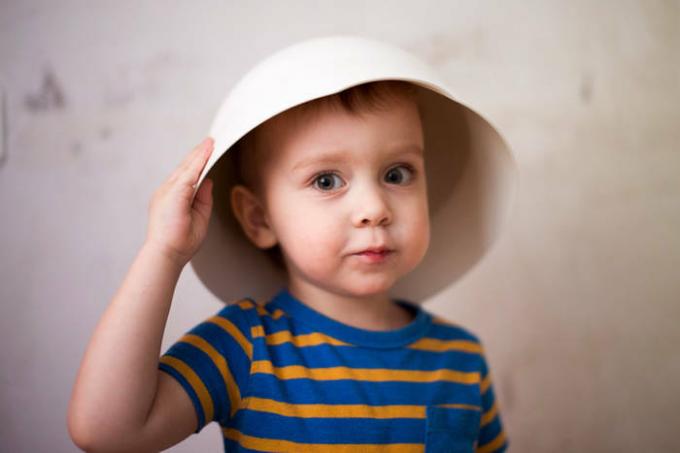Children's fantasy can be very hectic and productive - but is it always worth indulging?
1. Understand why a child needs to pretend to be someone
It doesn't matter what exactly his fantasy produces: to be a wizard, a superhero or a kitten. It is important in a confidential conversation to ask what, in his opinion, will change in his life from such a game, what exactly he lacks.
The same goes for the items that the child wants to buy. It's one thing if he actively plays with a new toy, and another thing is that it will be "like everyone else" or "no worse than Sashka from the next door."
2. Don't make a dream come true instantly
Children's dreams must mature enough. They can change every day. And only those that have passed the test of time can be taken as serious.

3. The child should not all his "Wishlist" fall from the sky
The desire of parents to provide a child with a cloudless existence is understandable. But if any desire is immediately fulfilled, the child has neither the motivation nor the incentive to achieve something on his own.
4. Check the value and truth of a dream
The older the child is, the more it seems to parents that his desires have really become true and conscious. However, even a big dream, like studying at a foreign university, can be the fruit of someone's imitation or a stereotype about how good it is to relax (and not live and work) in another country.
A child wants to walk an evening dress in Paris - good, but is it clearly cheaper than studying at a university in Paris?5. Let your child be disappointed
Parents are often afraid of potential psychological trauma in a child from the fact that he cried bitterly when the next desire did not come true. But in fact, the more the child experiences minor disappointments, the easier it will be for him to accept the big in adulthood.
After all, just imagine a person who enters the adult world, and no one has ever refused him anything in his entire life. There will definitely be an injury.
You will also find it helpful to read:
- How to distinguish children's whims from neurosis
- Unruly child: how to fix it
- How to teach a child not to interrupt adults




